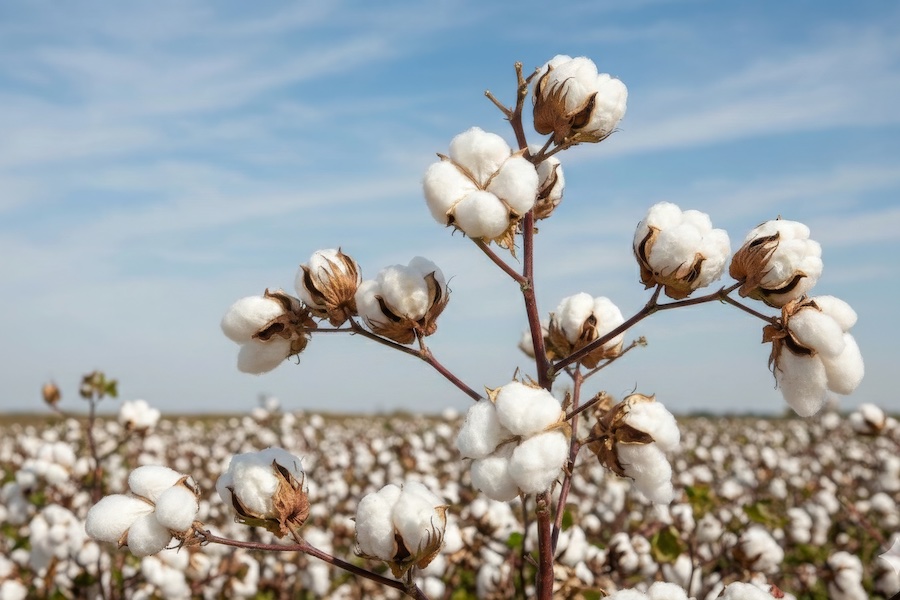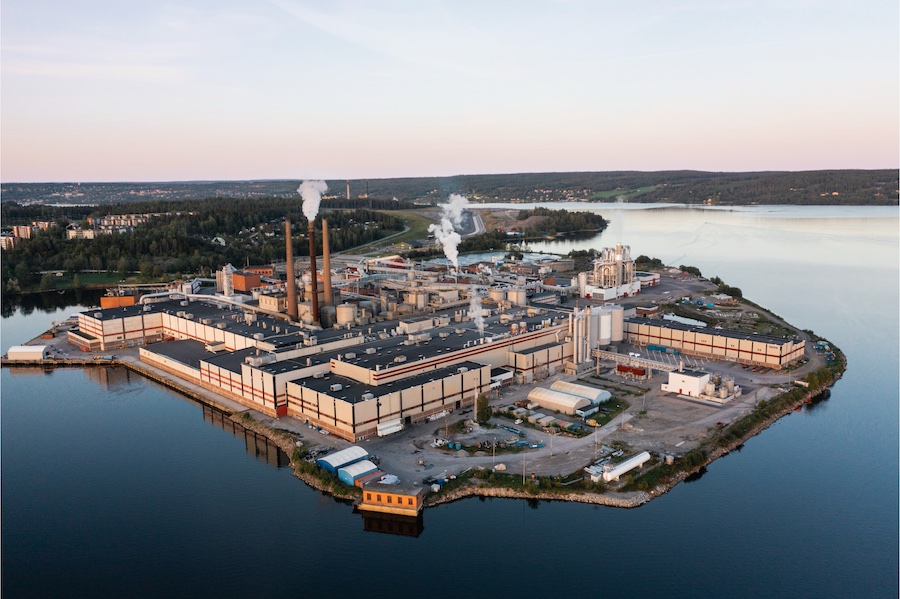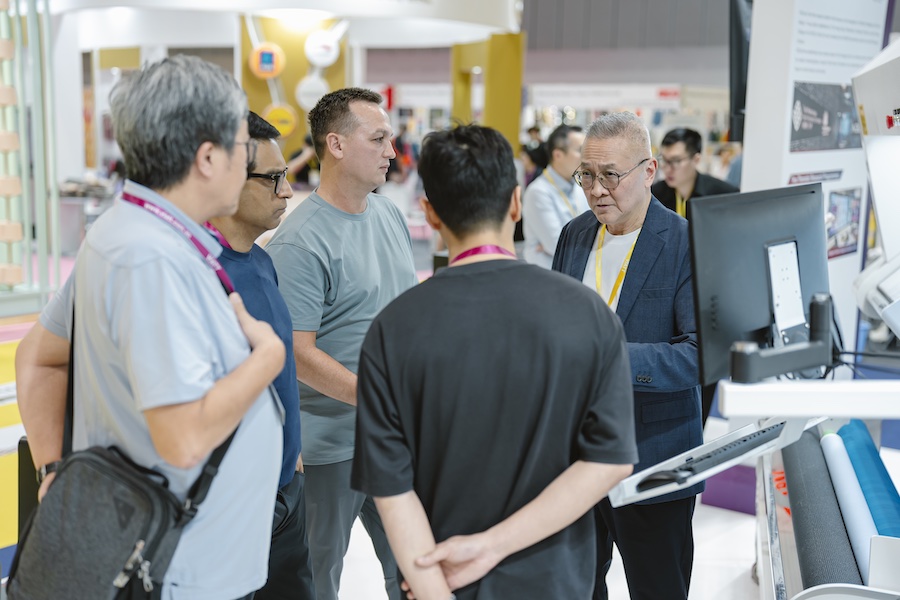#Sustainability
Textile Exchange Conference 2025: Setting the course for systemic change
Day 1: From preferred materials to preferred systems
The opening day set the tone for the week, centering on how the industry can transition from isolated material improvements to holistic, regenerative production systems. In the morning plenary, Textile Exchange CEO Claire Bergkamp and Jonathan Hall, Managing Partner at Kantar’s Sustainable Transformation Practice, outlined the state of progress and the scale of transformation still required.
“When we dig beneath the noise, it’s clear consumers still care,” Hall said, citing Kantar data showing that 67% of people view environmentalism as extremely important in light of increasingly visible climate impacts.
Sessions throughout the day emphasized that systemic change requires measurable data, regional context, and shared accountability. Speakers called for more collaborative investment, outcome-based measurement, and tools that make impact data accessible from farm to brand level.
The afternoon plenary featured Deb Chachra, author of How Infrastructure Works, and Ashley Gill, Chief Standards and Strategy Officer at Textile Exchange, who presented the organization’s five-year strategy for accelerating impact through preferred production systems.
“Our goal is to build thriving landscapes, resilient communities, and a more sustainable future,” Gill said, introducing the new Materials Matter System. The initiative will integrate existing standards—including those for wool, mohair, alpaca, recycled materials, and organic cotton—into a unified framework, maintaining traceability while aligning the sector around shared sustainability outcomes.
Day 2: Overcoming barriers and enabling change
The second day explored the economic, policy, and social enablers needed to scale preferred production systems and strengthen resilience across the value chain.
In the morning plenary, Tariq Fancy, Lecturer at Stanford Graduate School of Business and former Chief Investment Officer for Sustainable Investing at BlackRock, challenged the audience to focus on long-term, practical solutions.
“Real progress comes from the boring but brilliant ideas—those that increase efficiency, reduce waste, and make business sense,” Fancy said.
The afternoon session, moderated by Robin Mellery-Pratt (Matter), brought together John Roberts, CEO of Australian Wool Innovation, and Vanessa Barboni Hellik, CEO of Another Tomorrow. Their discussion centered on building resilience through brand–producer collaboration and long-term supply partnerships to support farmers facing volatility.
Common threads: Data, finance, and verification
Across both days, five cross-cutting priorities emerged:
+++ Economic alignment – Shared investment models and long-term contracts are essential to make regenerative systems financially viable, especially for producers at Tier 4.
+++ Regulatory engagement – As EU textile policy evolves, proactive participation and alignment with circular standards will be crucial.
+++ Landscape-level action – Context-specific approaches are needed to link climate, nature, and social goals with material sourcing.
+++ Verification and transparency – Credible data and adaptable verification frameworks are vital to scaling impact and meeting new legislative demands.
+++ Internal enablers – True transformation requires engaging decision-makers across legal, finance, and marketing teams to embed sustainability into business strategy.
Looking ahead
As the Textile Exchange Conference 2025 continues, a clear message resonates: achieving a regenerative and equitable textile industry will demand collaboration across the entire value chain—supported by sound data, transparent standards, and shared responsibility.












